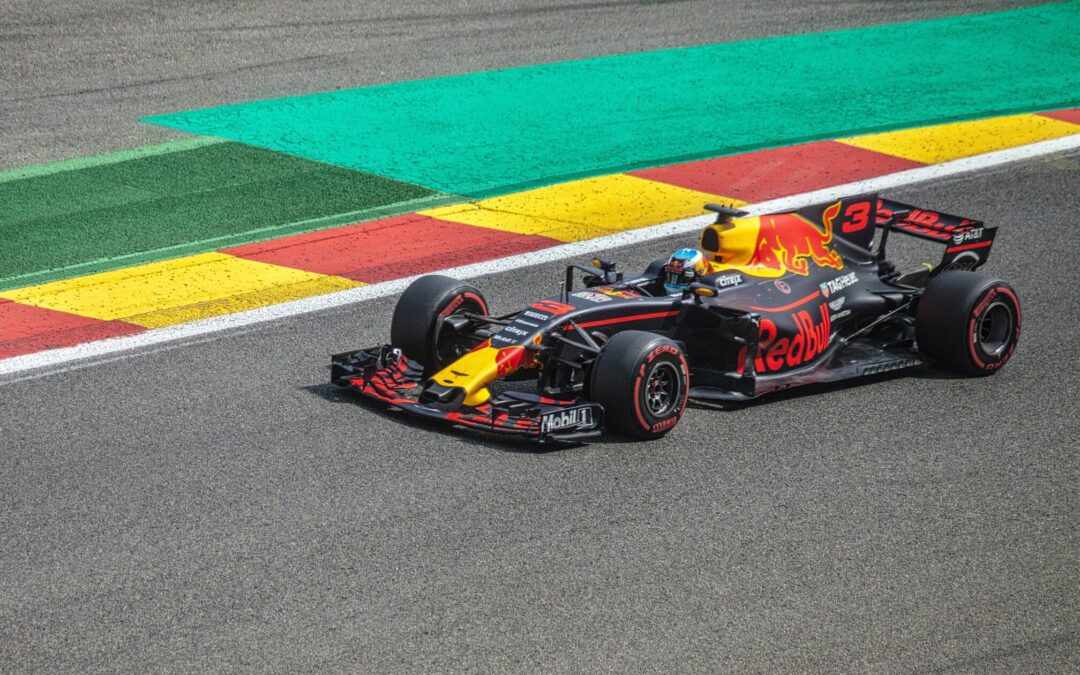Summary. Hard Anodising Surface Treatments Ltd enhances automotive parts and vehicle components through meticulous hard anodising, ensuring anti-corrosion and durability. Key in motorsports like F1 for optimising performance, hard anodising applies especially to lightweight metals like aluminium, safeguarding against wear while offering aesthetic finishes.
The automotive industry relies heavily on hard anodising, as companies use it to optimise a number of vehicle components for longevity and performance.
The F1, for example, trusts in anodic protection to offer drivers a new level of reliability and safety. However, what types of automotive hard anodising parts are there and what benefits do they hold?
Our team at Hard Anodising Surface Treatments Ltd has a combination of knowledge and expertise that has led us to closely work with some of the biggest names in the automotive sector. Our hard anodising services are matchless in intricacy and quality. Moreover, we pride ourselves on finishing such metal applications to the highest standards, focusing on anti-corrosion and durability.
Why is hard anodising used in motorsport?
Automotive hard anodising is vastly popular in motorsport for a number of reasons. First and foremost, the use of lower-density metals such as aluminium, magnesium and titanium in motorsport is beneficial for weight minimisation and strength properties. By reducing the weight of parts internally and externally, it drastically improves the vehicle’s performance. This includes speed, deceleration/acceleration and cornering ability.
Hard anodising only supports this notion. Due to these metal types being prone to corrosion, surfaces must be treated to protect and enhance aesthetics. Automotive hard anodising is the result of infiltrating a direct current through an acid electrolyte solution. This combination sits between the anode (positive) and cathode (negative) electrodes.
Hard Anodising is most commonly carried out on aluminium for motorsport purposes. Surfaces are ultimately left protected against abrasion and corrosion; creating a resilient film. Furthermore, the finish offers immaculate detailing and amplifying of appearance.
Anodising Alloys
The F1 industry uses 2000 & 7000 series aluminium as standard, although new designer alloys are emerging. 2000 series alloys are high in copper, and must be anodised in electrolytic cells which double as thermal reservoirs.
All anodising and hard anodising cells are lower than standard temperature and thermal energy at the substrate intensifies unless a moving fluid at a lower temperature dispersing it. However, with high copper alloys this is even more critical, and typical anodising set ups will not do.
What other car parts are anodised?
Hard anodising is used for several vehicle components; here is an insight into the main examples:
- Manifolds
- Bodys
- Fuel Bodys
- Filter Caps
- Centre Cross Steering Joints
- Pistons
- Arm dress frames
- Piston Body
- Main Body
- Manifold energy stores
- Top Hat Bushes
- Motor cycle body tandems
- Actuator Body
- Heave Dampers
- Throttle Dampers
- Pushrods
- Fuel Lift pumps
- Adjuster nuts
- Sleeve dashes
- Wheel Guns
- Wheel Nuts
- Gunrods
- Spherical rods
- Monoblocks
- Wiggins clamps
- Chassis
- Coupler steering locks
- Flange steer wheels
- Jig split head hubs
- Jacking frames
- Spring platforms
- Housings
- Side beams
Aluminium is the fastest-growing manufacturing material in the automotive world. Therefore, to support the notion of reducing weight, this high-performing material is also in use to produce engines. Weighing about half the weight of its iron counterpart, the nose of the car becomes much lighter.
Due to this being another external component, hard anodising protects this heavily-used metal part from corrosion and general wear & tear. Not to mention, it can offer a luxurious and sophisticated finish, ideal for professional use.
Get in Touch With Hard Anodising Surface Treatments Ltd
There are many car parts that benefit from anodising. So, if you’re looking for a hard anodising company in Kidderminster, UK, we’re your people.
Our automotive hard anodising services are renowned in the UK. We strive to give our customers a full bespoke service. In addition, we ensure we do all that it takes to meet their needs. If your business heavily supports the motorsport industry, we would love to work with you.
Get in touch with us today at 01562 747100 if you’d like further information on our hard anodising services or to understand how this system fully benefits the automotive industry.
Furthermore, if you found this blog useful, check our a previous one: Anodising Large and Small Complex Components for Many Industries

